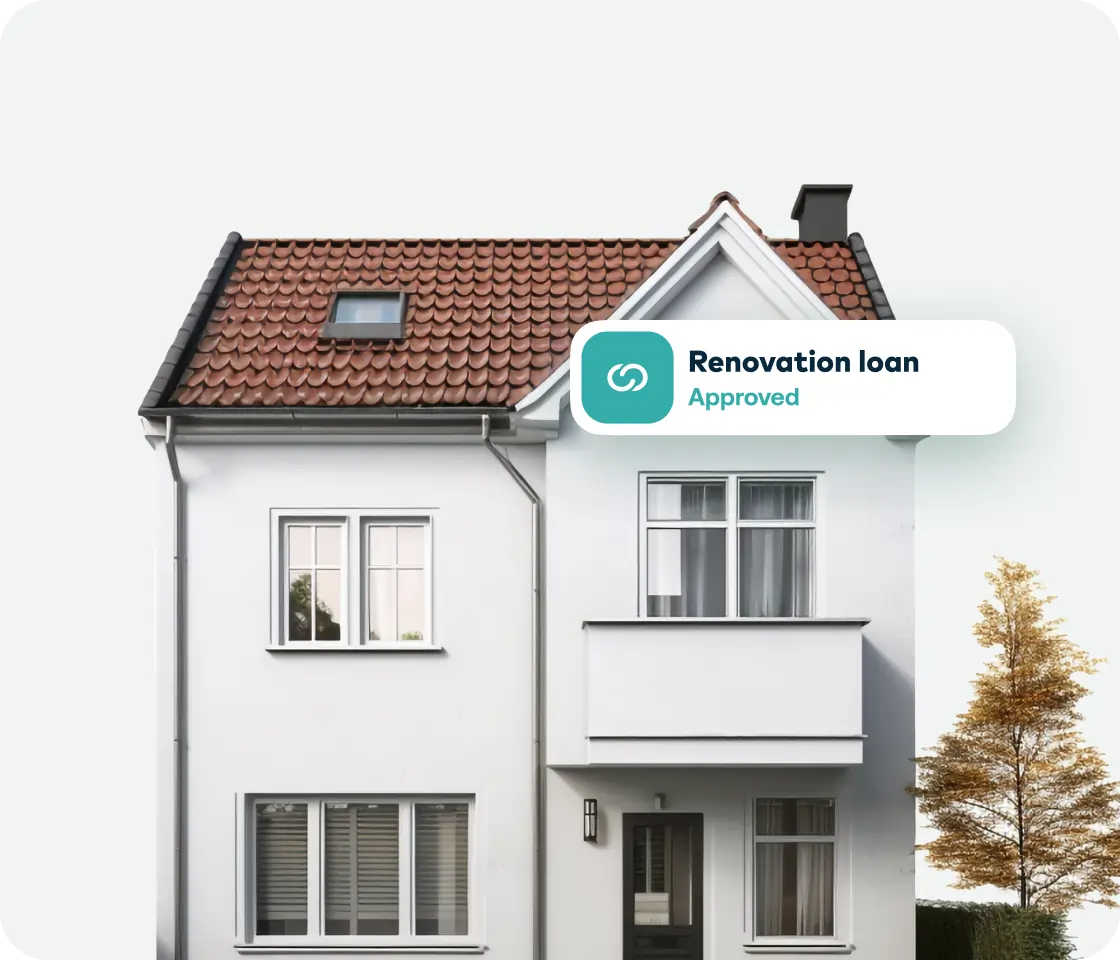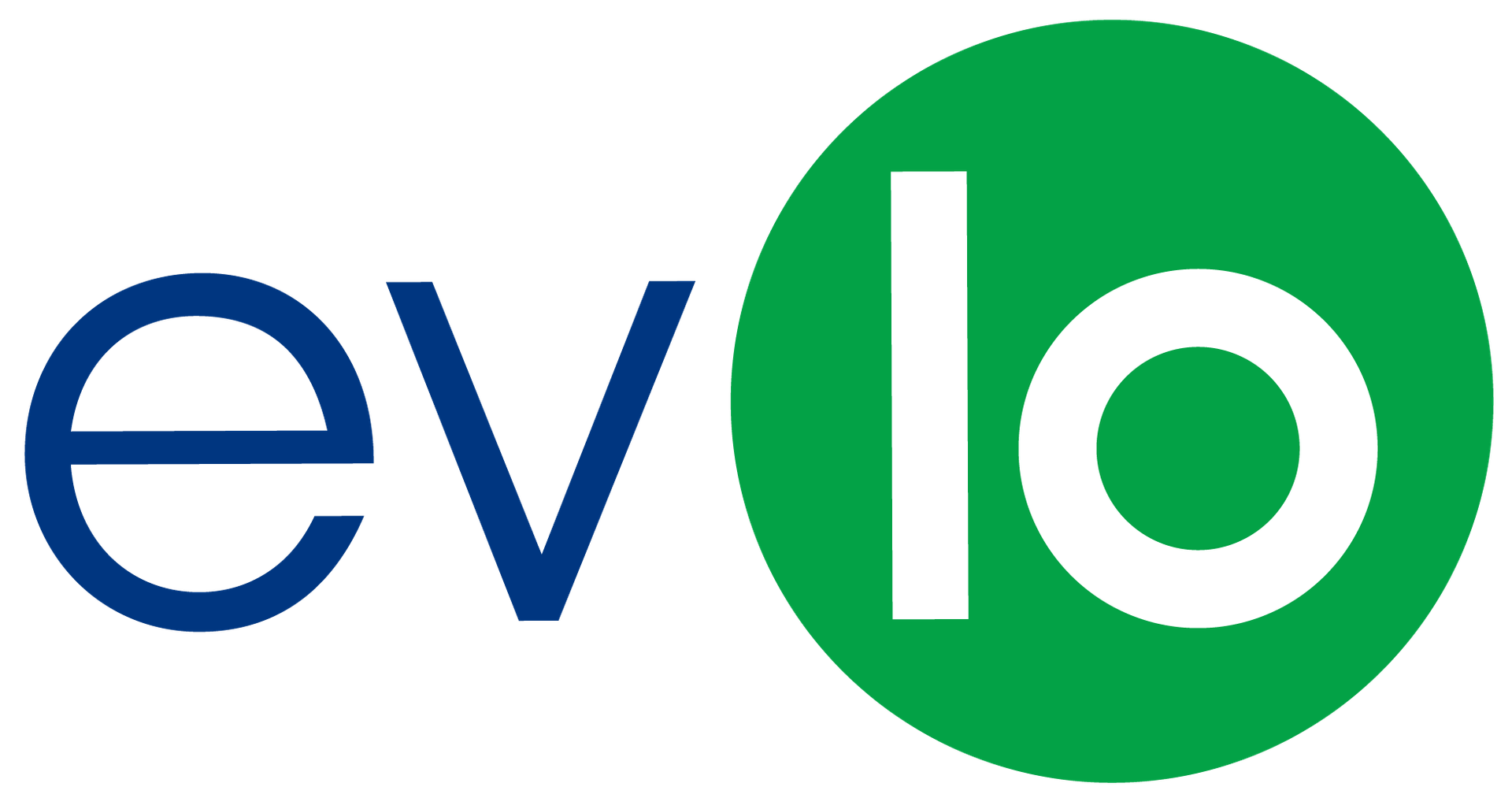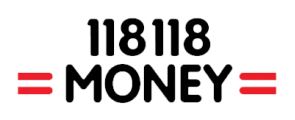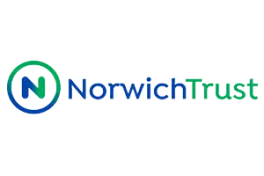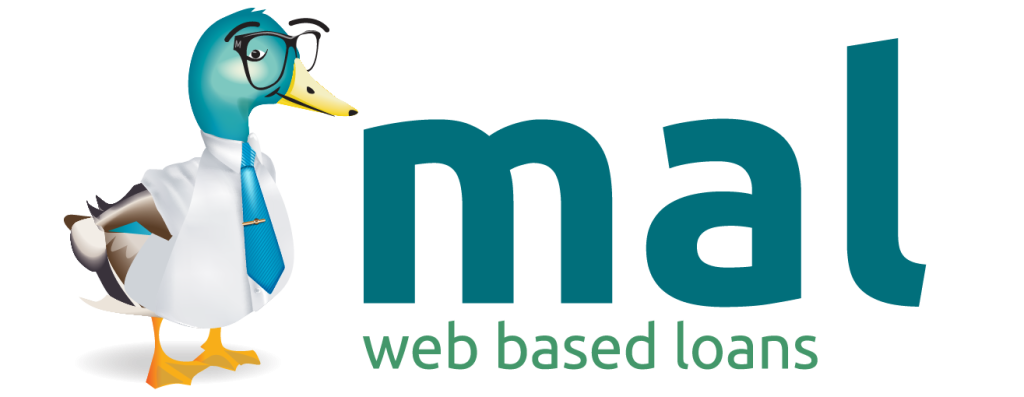Car Finance
HP Car Finance
PCP Car Finance
Used Car Finance
No Deposit Car Finance
Bad Credit Car Finance
Refinance Car
Compare Credit Cards
0% Balance Transfer Cards
0% Purchase Cards
Money Transfer Credit Cards
Credit Building Credit Cards
Check Your Eligibility
Compare Current Accounts
Compare Savings Accounts
High-interest current accounts
Cashback accounts
Packaged bank accounts
Business Loans
Working Capital Loans
Merchant Cash Advance (MCA)
Commercial Finance
Small Business Loans
Business Expansion Loan
Debt Refinance
Invoice Finance
Revenue Based Loans
Asset Finance
Property Finance
Secured Business Loans
Bridging Loans
Commercial Mortgages
Business Credit Cards
Credit Line for Business
0% Balance Transfer Cards
Low-Interest Business Credit Cards
Money transfer credit cards
Credit building credit cards
Business Bank Account
Business Savings Account


